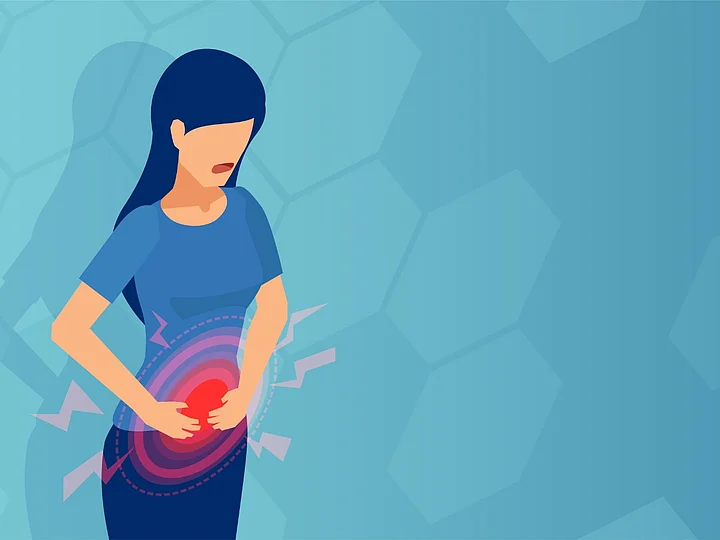Inflammatory bowel disease (IBD) is a group of disorders that cause inflammation, intense pain and swelling in the intestine. There are two types of IBD- Crohn’s disease and ulcerative colitis. Both these conditions affect the digestive system and it has no cure. The condition can only be managed lifelong with a few lifestyle and dietary changes. Treatments can help manage this lifelong condition.
Research proves that nearly three million Americans have some form of IBD and the condition can affect anyone irrespective of their age and gender. Though IBD most commonly occurs between the ages of 15 and 30.
Let's know the types, causes, symptoms, diagnosis, and treatment for IBD.
Inflammatory Bowel Disease: Types
According to doctors of Mayo Clinic, Crohn’s disease and ulcerative colitis are the main types of IBD:
Crohn’s disease causes pain and swelling in the digestive tract and it can affect any part of the body from the mouth to the anus. It most commonly affects the small intestine and upper part of the large intestine.
Ulcerative colitis causes swelling and sores in the large intestine (colon and rectum).
Microscopic colitis causes intestinal inflammation that can only be detected with the help of microscope.
Inflammatory Bowel Disease: Causes
According to Cleveland Clinic, three factors appear to play a role in the development of IBD:
Genetics: Research proves that 1 in 4 people suffer from IBD and it is genetic and someone in the family must have suffered from the condition as well.
Immune system response: In people with IBD, the immune system of a person begins to mistake foods as foreign substances and have a negative affect on the body. It releases antibodies to fight off this thus causing IBD symptoms.
Environmental triggers: People with a family history of IBD may develop the disease after exposure to an environmental triggers that may include smoking, stress, medication, and depression.
Inflammatory Bowel Disease: Symptoms
According to Healthline, IBD symptoms include:
Abdominal pain.
Diarrhea
Gas and bloating.
Loss of appetite or unexplained weight loss.
Mucus or blood in stool.
Upset stomach.
Fatigue.
Fever.
Itchy, red, painful eyes.
Joint pain.
Nausea and vomiting.
Skin rashes and sores (ulcers).
Vision problems.
Inflammatory Bowel Disease: Diagnosis
According to doctors of Mayo Clinic, here are a few ways to confirm if a person is suffering from Crohn's disease:
To make a diagnosis, firstly the doctors may ask about your symptoms and may start with a complete blood count (CBC) and stool test to look for signs of intestinal inflammation.
Colonoscopy helps the doctors examine the large and small intestines.
EUS (endoscopic ultrasound) helps to check the digestive tract for swelling and ulcers.
Flexible sigmoidoscopy helps examine the inside of the rectum and anus.
Imaging scan like CT scan or MRI helps detect signs of inflammation or an abscess.
Upper endoscopy helps examine the digestive tract from the mouth to the start of the small intestine.
Capsule endoscopy uses a small camera that you swallow and it takes images as it travels through the digestive tract.
Inflammatory Bowel Disease: Treatment
Here are the following medications for the IBD besides the surgical process that may differ from case to case.
Aminosalicylates that help minimize irritation to the intestines.
Antibiotics treat infections and abscesses.
Biologics interrupt signals from the immune system that cause inflammation.
Corticosteroids keep the immune system in check and manage flares.
Immunomodulators calm an overactive immune system.
Antidiarrheal medication.
Nonsteroidal anti-inflammatory drugs (NSAIDs).
Vitamins and supplements like probiotics.
(At The Quint, we question everything. Play an active role in shaping our journalism by becoming a member today.)
